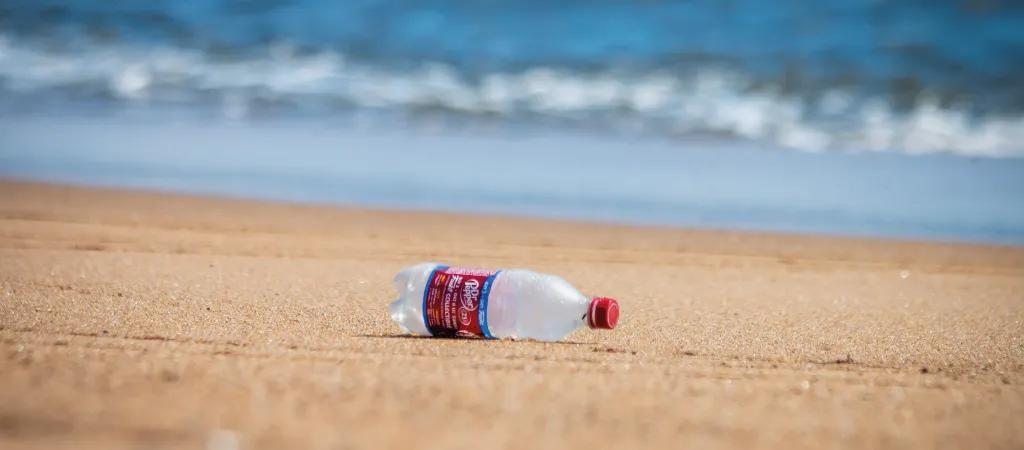World Changers: The Plastic Surgeons
The plastic pollution in the world is snowballing, so is public awareness and actions taken. The Plastic Surgeons (TPS) from Sunway University Business School (SUBS) presented an excellent case study conquering plastic pollution at the DB-SNU Business Case Competition in Seoul, Korea. Final-year BSc (Hons) Financial Analysis students, Gan Wee Xuan, Lee Zhen Hen, Tan Wei Sheng and first-year BSc (Hons) Global Supply Chain Management student Winnie Yap Shiao Yin were shortlisted as one of the Top 25 teams to compete in the preliminary round and walked away with “The Most Promising Idea” award.
The competition, organised by Seoul National University (SNU) and DB Group, brought together talented young students from a diverse group of universities in Asia-Pacific region to challenge oneself and apply theories learnt in university. Themed “Business and Start-up Cases,” the Plastic Surgeons team, the only representative from Malaysia, submitted a proposal with innovative business ideas.
Every year, 70,000 microplastics are consumed by an average person. Plastic pollution such as greenhouse gas emission, plastic entering the food chain and the impact on wildlife are happening around us. The Plastic Surgeons aimed to address the issues in the current measures such as insufficient regulations, mismanagement of plastic waste, the lack of incentives and the role of corporate polluters. By taking advantage of the rising importance of Corporate Social Responsibility (CSR), TPS strives to solve plastic pollution within Malaysia, then share its successful practice with fellow Association of Southeast Asian Nations (ASEAN) members, and eventually make it a global practice.
“We began by looking into the severity of plastic pollution. Recycling industries in developed countries refuse to manage plastic waste due to limited revenue. Therefore, our team decided to diversify the revenue streams of plastic recycling industry by introducing a cutting edge application, OneBo,” said Gan, the team lead of TPS.
OneBo is an application that is able to revolutionise the plastic waste management in our society, by combining both traditional recycling and modern technology. It has two main functions. It acts as a collection platform which eases the recycling process for customers and an online marketplace.
Prior to travelling to Korea for the competition, TPS joined a series of insightful workshops prepared by SUBS. During these workshops, TPS learnt from professional case writers from Case Writer Association of Malaysia (CWAM) ways of writing a case study. The team heard from successful start-ups like EPIC Homes, PichaEats and Speed Home.
“Their guidance and real-life experiences were helpful for us to develop our business idea,” shared Tan during the interview.
In line with United Nation’s Sustainable Development Goals (SDG) through plastic pollution. TPS identified SDG number 8, Decent Work and Economic Growth; SDG number 9, Industry, Innovation and Infrastructure; SDG number 11, Sustainable Cities and Communities; SDG number 13, Climate Action; SDG number 14, Life Below Water and SDG number 15, Life on Land reflecting how these SDGs are related to the case study.
“We joined this competition because we were four different individuals who wanted to push our limits. This competition was the perfect platform as we were able to work on a business idea that benefits the society while gaining international exposure to improve the way we think and work,” said Lee.
The competition was an exciting one amidst the difficulties encountered while preparing the presentation slides. “It was a rare opportunity for us to have the privilege of representing Sunway University and Malaysia to participate in a competition like this,” shared Yap. The earth is what we all have in common. Together, we can make a change.
This article appeared in Blaze (Issue 51).




